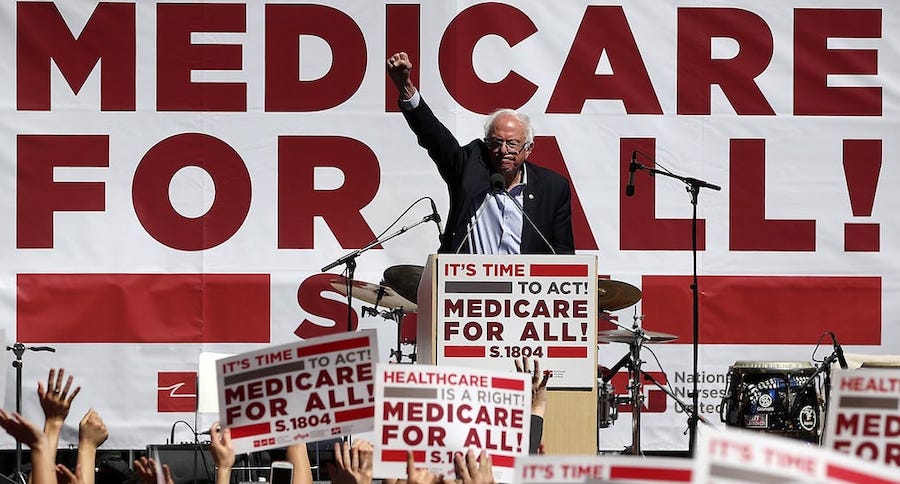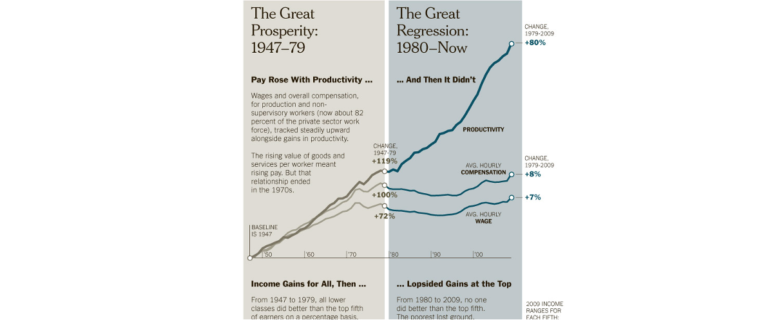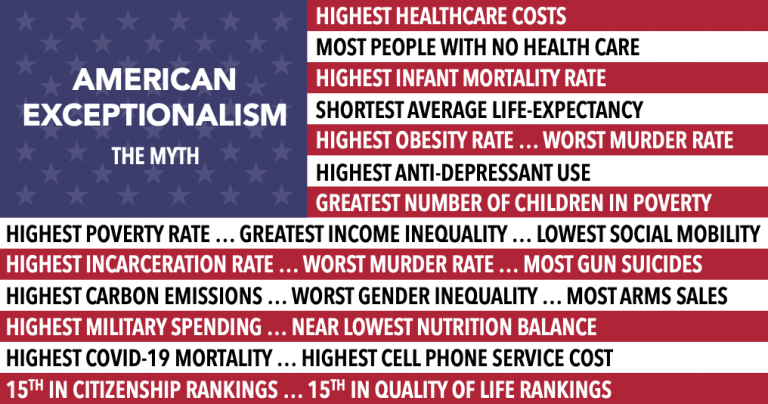How Medicare-for-All would Save Money, a Lot of it
There’s plenty of evidence the Medicare-for-All would save money. As reported in THE HILL, “Christopher Cai and colleagues at three University of California campuses examined 22 studies on the projected cost impact of single-payer health insurance in the United States. They reported their findings in a recent paper in PLOS Medicine.”
In this post, I’ll quote much of what was written in THE HILL (with emphasis), followed by my own added insights showing benefits extending beyond just the administrative cost savings.
All of the studies, regardless of ideological orientation, showed that long-term cost savings were likely. Even the Mercatus Center, a right-wing think tank, recently found about $2 trillion in net savings over 10 years from a single-payer Medicare for All system. Most importantly, everyone in America would have high-quality health care coverage.
Medicare for All would be far less costly than our current system, largely because it reduces administrative costs. With one public [health insurance] plan negotiating rates with health care providers, billing becomes quite simple. We do away with three-quarters of the estimated $812 billion the U.S. now spends on health care administration.
Administrative costs are so high because thousands of insurance companies individually negotiate benefit rules and rates with thousands of hospitals and doctors. On top of that, they rely on different billing procedures – and this puts a costly burden on providers.
Administrative savings from Medicare for All would be about $600 billion a year.
Savings on prescription drugs would be between $200 billion and $300 billion a year, if we paid around the same price as other wealthy countries pay for their drugs. A Medicare for All system would save still more with implementation of global health care spending budgets.Even more savings are possible in a Medicare for All system because, like every other wealthy country, we would have a uniform electronic health records system. Such a system generates additional savings because system problems would be easier to detect and correct. A uniform claims data system helps reduce health care spending for fraudulent services. In 2018, total US health care costs were $3.6 trillion [$4.3 trillion in 2022], representing 17.7 percent of GDP.”
YES, YES, YES, AND MORE!
Here at Modern Health Talk, I’m more optimistic about the future of U.S. healthcare than most. That’s because the savings of moving to a single-payer system like Medicare-for-All goes way beyond just administrative costs. It also includes savings from negotiating care prices and drug prices, and more efficient care delivery using a single electronic medical records system. One doesn’t really need complex academic studies to recognize how broken our current healthcare system is and what it will likely take to fix it. I see the problem from a much broader perspective, and the evidence is everywhere.
WHAT SAVINGS ARE POSSIBLE?
Simply by cutting our healthcare costs in half to match the *average* of what other advanced nations spend while serving everyone and with better outcomes, we could save some $2 trillion/year, every year. That savings is already twice what we spend on National Defense, and achieving it may not at all be simple, but with such potential, why not start somewhere? Medicare-for-All would save money and is a good start, but I often argue that it’s not enough.
Why settle for mediocrity, or being average? We could save even more if we matched the spending and outcomes of Singapore, the current world leader. What might we do with that savings? And, what would be the economic impact of living longer, living healthier, and with greater workforce productivity?
OTHER ECONOMIC BENEFITS
Once our nation moves to a tax-funded single-payer system and sees trillion dollar productivity gains from a healthier workforce, I’d expect to next see other policy changes aimed at further reducing costs and increasing productivity. That might include greater investment in public education, including pre-school, college and medical school; research; infrastructure; environmental protection; and programs to reduce poverty. Politicians seeing proven economic benefits of health reform might gain confidence in their ability to stand up to political pressures from medical industry lobbyists. They may be more willing to stand up to oil and banking industries and the NRA, gradually moving us toward representative government that works better for all of us rather than just the wealthy special interests.
GETTING THE INCENTIVES RIGHT
Agreeing on the right objective, and getting the incentives right, is an effective way to influence individual and corporate behavior. But right now, the entire healthcare industry is profiting perversely from treating illness and injury, with no real financial incentive to propose cures. So, they are fiercely fighting Medicare-for-All and any healthcare reforms that would impact their revenue and jobs. They don’t want to lose $2 trillion/year, so they could even spend a trillion dollars on single election and in disinformation campaigns. Understand the motives and follow the money.
RELATED:
LANCET STUDY: $450 Billion in savings plus 68,000 lives saved…
Multiple studies show Medicare for All would [save money and] be cheaper than [the] public option pushed by moderates (Salon, 2/22/2020) “Yale and Harvard researchers: Medicare for All reduces costs, while public option makes health care more expensive.”
The Stunning Rise of Single-Payer Health Care (The Atlantic, 11/21/2019) How a socialist-seeming health-care policy became a rallying cry in the Democratic mainstream
ABOUT THE AUTHOR
Wayne Caswell is a retired IBM technologist, futurist, market strategist, consumer advocate, sleep economist, and founding editor of Modern Health Talk. With international leadership experience developing wireless networks, sensors, and smart home technologies, he’s been an advocate for Big Broadband and fiber-to-the-home while also enjoying success lobbying for consumers. Wayne leans left to support progressive policies but considers himself politically independent. (contact & BIO)



